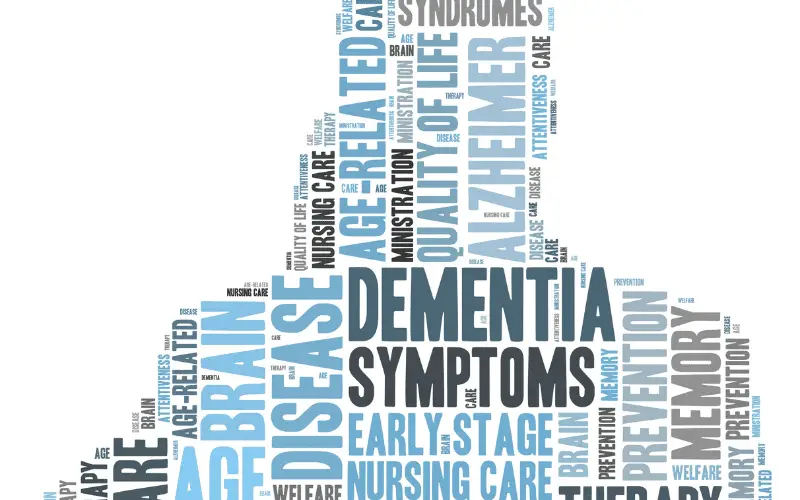Introduction: An Insight into Mixed Dementia Symptoms

Mixed dementia, a condition characterized by the presence of multiple types of dementia, continues to perplex both medical professionals and the general population. It most commonly manifests as a combination of Alzheimer’s disease and vascular dementia but can also include symptoms of other dementia types. Understanding mixed dementia requires a deep dive into its many symptoms, offering a significant opportunity for early detection and treatment.
The various symptoms that define mixed dementia stem from the multiple types of dementia that coexist within the patient’s brain. Consequently, it results in a diverse array of symptoms that may overlap, making it challenging to diagnose. But with a thorough understanding and recognition of these symptoms, early detection is entirely possible.
1. Memory Loss That Disrupts Everyday Life: A Key Indicator of Mixed Dementia

Memory loss, one of the quintessential symptoms of mixed dementia, can significantly disrupt everyday life. People living with this condition may forget recently learned information or important dates and events. They may repeatedly ask for the same information and increasingly need to rely on memory aids or family members to manage tasks they once handled on their own.
Such memory loss is not the kind we occasionally experience, like forgetting where we placed our keys. Instead, it’s much more severe and persistent, manifesting in ways that could interfere with daily activities. This symptom arises due to the deterioration of brain cells, particularly in areas responsible for memory.
In mixed dementia, the Alzheimer’s component contributes significantly to memory loss. Alzheimer’s disease primarily affects the hippocampus – the brain region responsible for forming memories. As Alzheimer’s progresses, more and more neurons die, leading to severe memory loss.
Meanwhile, vascular dementia, the other common component of mixed dementia, also contributes to memory issues. Vascular dementia occurs due to impaired blood flow to the brain, often resulting from a stroke. This lack of blood flow can damage and eventually kill brain cells, further exacerbating memory loss. (1)